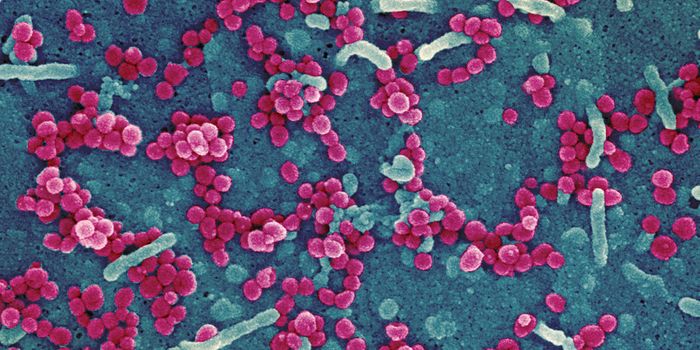Machine Learning Predicts Therapeutic Outcomes in Cancer Patients
Novel computational techniques have rapidly developed in the last decade. Software engineers and computer programmers are pushing the boundaries of what we can do using machine learning as an artificial intelligence (AI) application to make predictions better and make life, in general, easier. Artificial intelligence is the broad idea describing how computers can mimic human thoughts and intelligence. Machine learning is a process that applies the concept of artificial intelligence to teach computers to perform tasks. Specifically, the ability to model-train machine learning has helped develop more robust predictive algorithms for various uses.
One advantage of the increased power of predictive computational analyses is its use in the medical field. Scientists have invested a lot of time and funds into understanding how to apply this technology to the clinic. As a result, computational algorithms are being used to predict therapeutic outcomes in patients. In recent years, the integration of machine learning into healthcare has revolutionized patient care, particularly in predicting therapeutic outcomes for cancer patients. Many institutions are now exploring a range of outsourced managed IT services to support these complex systems, ensuring data security, system reliability, and compliance with healthcare regulations.
A recent paper in the Proceedings of the National Academy of Sciences (PNAS), by Dr. Aleksander S. Popel and others, describes how researchers have developed a way to assess therapeutic benefits in patients with metastatic triple-negative breast cancer (TNBC). Popel is a Professor of Biomedical Engineering and Oncology at the Johns Hopkins University School of Medicine and a member of the Johns Hopkins Kimmel Cancer Center. He investigates explicitly different therapeutics using computational and experimental approaches to treat cancer. Throughout his career, Popel has been recognized with numerous awards for his work in cancer therapeutic discovery and development.
Popel and his group wanted to know if they could predict therapeutic outcomes in patients with advanced breast cancer. In the last few decades, immunotherapy has revolutionized the way physicians treat patients. Immunotherapy helps activate the immune system and boost its function. Specifically, immunotherapy is a category of cancer treatment designed to redirect the immune system toward malignant cells that have previously gone unnoticed. In many aggressive cancers, the immune system struggles to recognize and target the rapidly growing cells. Unfortunately, many types of immunotherapies are limited based on the stage and mutation of the cancer. Therefore, Popel and others investigated a way to predict the outcome of therapy in patients using AI.
The team tested various biomarkers on the tumor and within the body to determine which conditions would likely indicate how well a tumor responded to therapy. Current biomarkers are less accurate, but a large-scale assessment allows the team to scan multiple tumor and immune cell characteristics to use as possible prognostic markers. This is a significant breakthrough because a lot of these cancer treatments have toxic effects and can reduce the quality of life for patients with little added benefit.
Using computational tools, Popel and his team applied mathematical modeling to assess about 90 biomarkers from metastatic triple-negative breast cancer patient samples. They then ran simulations into a machine-learning-based system and found that tumor or blood samples taken before treatment started were not effective predictors of therapeutic benefit. However, immune cell counts in the blood do help identify subsets of patients that may respond better to therapy. This provides a noninvasive procedure to better predict therapeutic outcomes. Popel and others also conclude that early CT scans of the tumor during treatment can inform physicians of therapeutic benefits. Overall, this work provides the potential to enhance immunotherapy through more personalized treatment and improve overall survival in patients with advanced stages of cancer.
Paper, PNAS, Aleksander S. Popel, Johns Hopkins University School of Medicine, Johns Hopkins Kimmel Cancer Center








